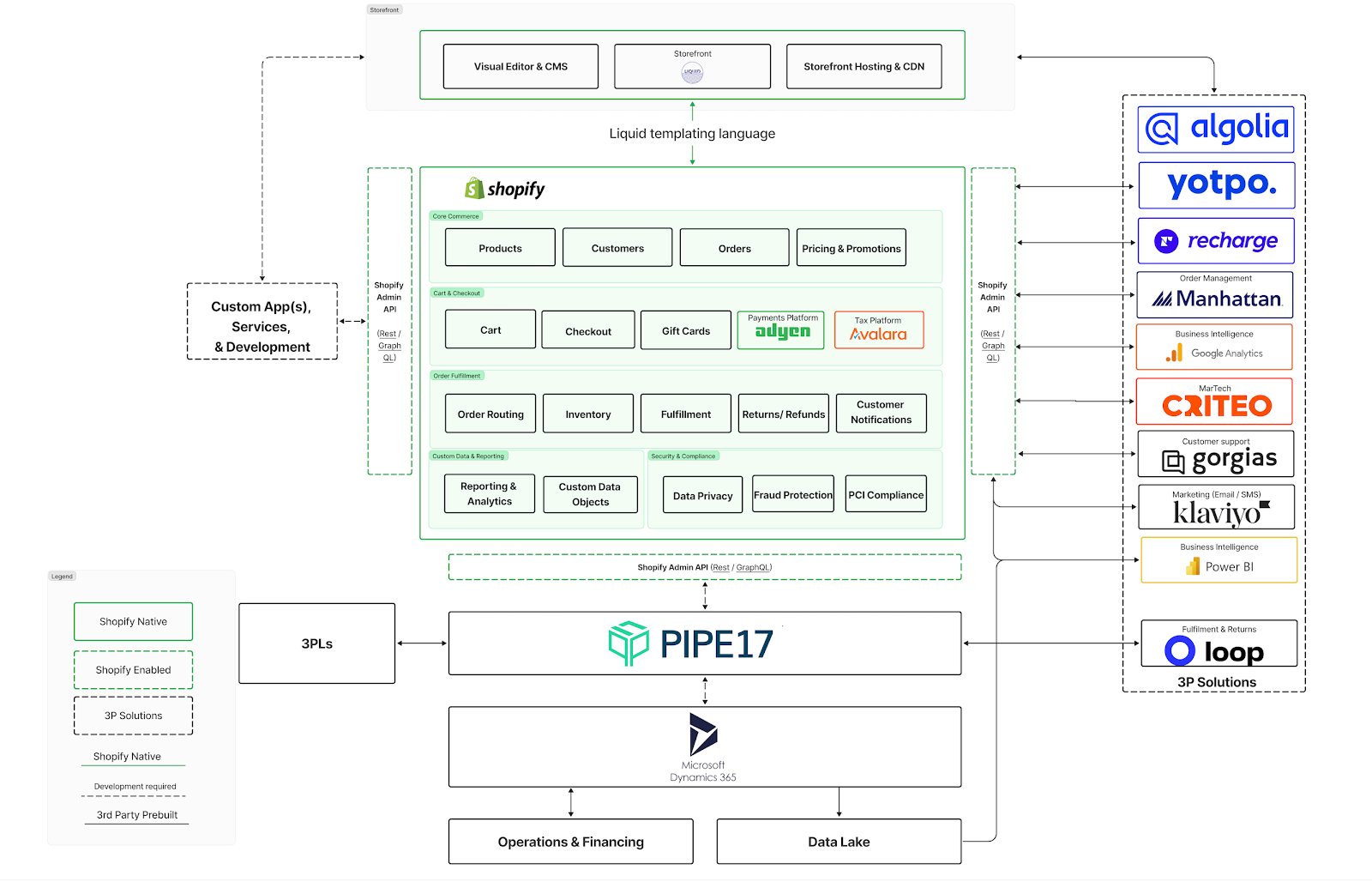In the ever-changing world of search engine optimization (SEO), one strategy remains particularly valuable: leveraging question keywords. These keywords align with the queries users often type into search engines, making them an essential part of creating content that meets user intent. By focusing on question-based keywords, you can attract more traffic, improve user engagement, and ultimately increase your site’s ranking. This article explores ways to find question keywords and use them effectively in your custom SEO strategy.

What Are Question Keywords?
Question keywords are search terms that are structured as questions, such as “How to make a website,” “What is the best smartphone,” or “Is SEO a one-time thing?” They directly address a searcher’s need for information and often begin with words like who, what, when, where, why, and how. Including these in your content strategy can help capture a portion of the organic search traffic that seeks direct answers.
Why Are Question Keywords Important for SEO?
Understanding the significance of question keywords is crucial for any SEO campaign. Here’s why they matter:
- Align with User Intent
Question keywords typically reflect a user’s intent more clearly than simple search phrases. For example, a user searching “best flooring marketing companies in the US” is likely looking for a list or recommendations, making it easier to target with tailored content.
- Featured Snippets and Voice Search
Question-based content is more likely to appear in Google’s featured snippets or answer boxes. With the rise of voice search through assistants like Siri, Alexa, and Google Assistant, users tend to ask questions in a conversational style, making question keywords even more valuable.
- Enhanced User Engagement
Content that answers specific questions often results in higher engagement metrics, such as longer time spent on the page and lower bounce rates. These factors can indirectly boost your website’s overall ranking.
Ways to Find Question Keywords
Finding question keywords doesn’t have to be complicated. Here are some effective methods to discover them:
Google’s “People Also Ask” Section
One of the simplest ways to find question keywords is by using Google’s People Also Ask (PAA) section. This feature appears on the search results page when you enter a query and offers a series of related questions. Here’s how to utilize this tool:
- Type a keyword or query into Google that is relevant to your niche.
- Scroll down to the PAA section, where you’ll find several questions related to your initial query.
- Use these questions as inspiration for content topics or include them in your content to address multiple user queries.
Answer the Public
Answer the Public is a popular tool that visualizes question-based queries users are searching for on a particular topic. By entering a seed keyword into this tool, you receive a broad range of questions, sorted by words like “how,” “what,” “where,” and “why.” It’s a great resource for discovering long-tail question keywords that can help you target more specific queries.
Use Keyword Research Tools
SEO tools like Ahrefs, SEMrush, and Moz have dedicated sections for finding question-based keywords. You can enter a seed keyword and filter the results by questions. These tools often display metrics like search volume and difficulty, allowing you to prioritize keywords that are both relevant and attainable. Here’s a quick guide:
- Enter your main keyword in the search bar of your chosen tool.
- Look for the “Questions” filter or section.
- Analyze the list of question keywords and select those that align with your content goals.
Check Out Online Forums and Q&A Sites
Platforms like Reddit, Quora, and Stack Exchange are gold mines for discovering common questions related to any subject. Users often ask questions in these communities that they haven’t found answers to through traditional searches. Here’s how you can use these sites:
- Search for a topic related to your niche.
- Look at the questions with the most upvotes or engagement.
- Use these questions to create comprehensive content that addresses these queries.
Google Search Console Insights
Google Search Console (GSC) is a powerful, free tool for discovering what queries are driving traffic to your site. Some of these queries may be phrased as questions, providing insight into what your audience is searching for. To find question keywords in GSC:
- Navigate to the Performance tab.
- Filter queries by keywords that start with question words like “how,” “what,” or “why.”
- Use these insights to refine your existing content or create new content that answers these questions directly.
How to Use Question Keywords Effectively in Content
Once you have a list of question keywords, it’s time to put them to good use. Here’s how to incorporate them into your content strategy:
Create FAQ Pages
An FAQ (Frequently Asked Questions) page is one of the best ways to target question keywords. Answering common questions about your products, services, or industry helps meet user intent directly and can make your content eligible for featured snippets. Plus, it offers a concise format that appeals to users looking for quick answers.
Write Blog Posts Around Specific Questions
Instead of tackling multiple questions in one article, consider writing a dedicated blog post for each question keyword. For instance, if you find that “how to optimize a blog post for SEO” is a common search term, create a detailed guide specifically for that query. This allows you to dive deep into the topic and provide a comprehensive answer, making your content more valuable and shareable.
Use Question Keywords in Headers (H2 and H3)
Incorporating question keywords into your H2 and H3 headings can help Google understand the structure of your content and the questions you’re answering. This can increase your chances of appearing in featured snippets and voice search results. For example:
- H2: How to Use Question Keywords in Blog Posts
- H3: Why Are Question Keywords Important for SEO?
When writing content around question keywords, it’s crucial to answer the question as directly as possible, especially
Focus on Answering Questions Directly
within the first few sentences. This helps Google recognize that your page provides the information users are seeking, increasing your chances of appearing in the top results. Make sure to provide a detailed and thorough answer in the rest of the content to keep readers engaged.
Use Schema Markup for FAQs
Adding structured data, like FAQ schema markup, helps search engines understand your content better and can result in rich snippets appearing in search results. Rich snippets can make your content more attractive to users by displaying the question and a brief answer directly on the search results page.
Final Take
Question keywords are an essential tool in modern SEO, helping you connect with users more effectively and capture valuable search traffic. By leveraging tools like Google’s “People Also Ask,” Answer the Public and SEO research tools, you can discover question keywords that are relevant to your audience. Incorporating these into FAQ pages, blog posts, and structured content ensures that your website not only ranks well but also meets the needs of your audience.
By focusing on what users want to know and providing clear, valuable answers, you can enhance your site’s visibility and build a more engaging online presence. Now that you have the know-how, start integrating question keywords into your strategy and watch your SEO efforts flourish.


